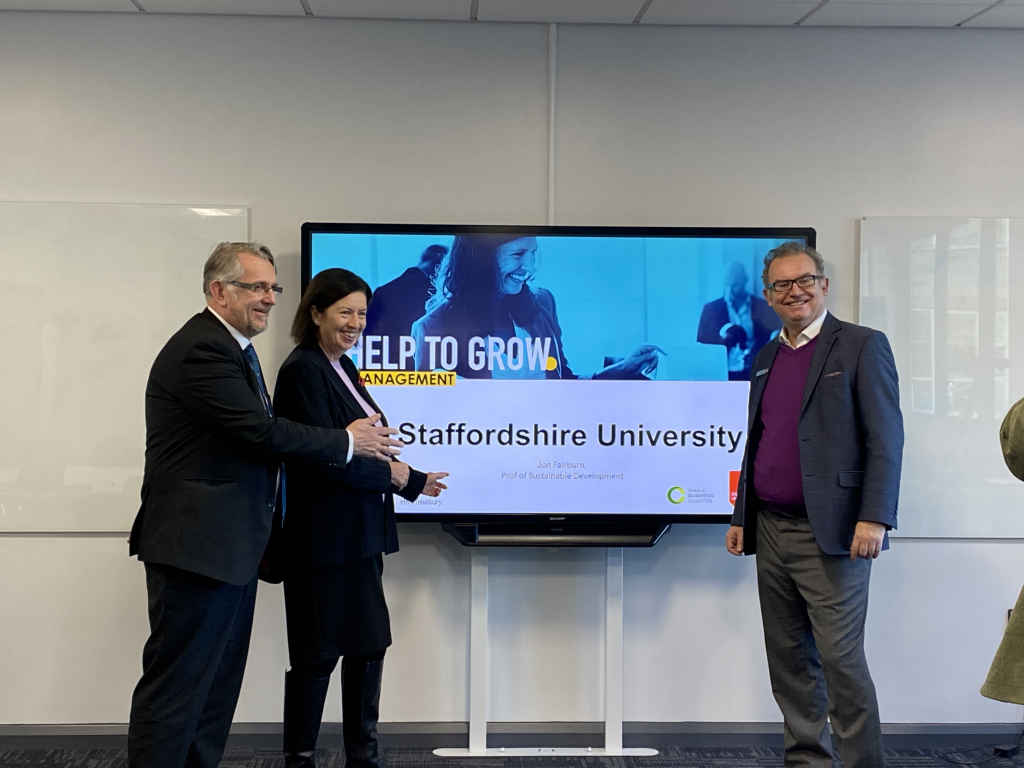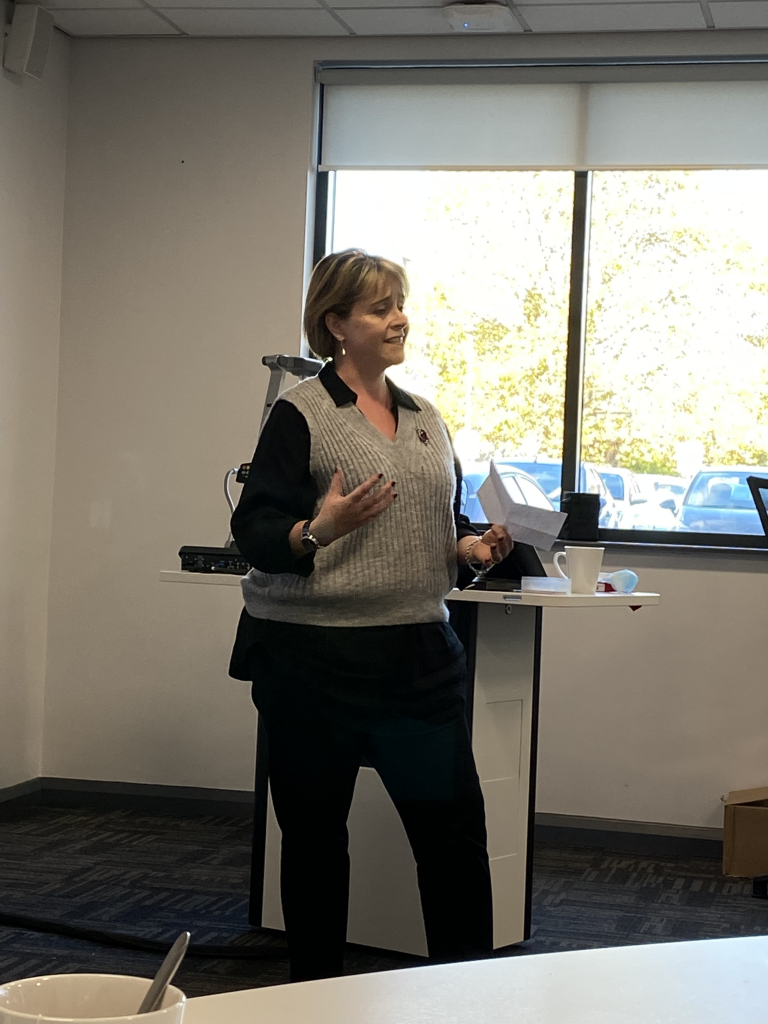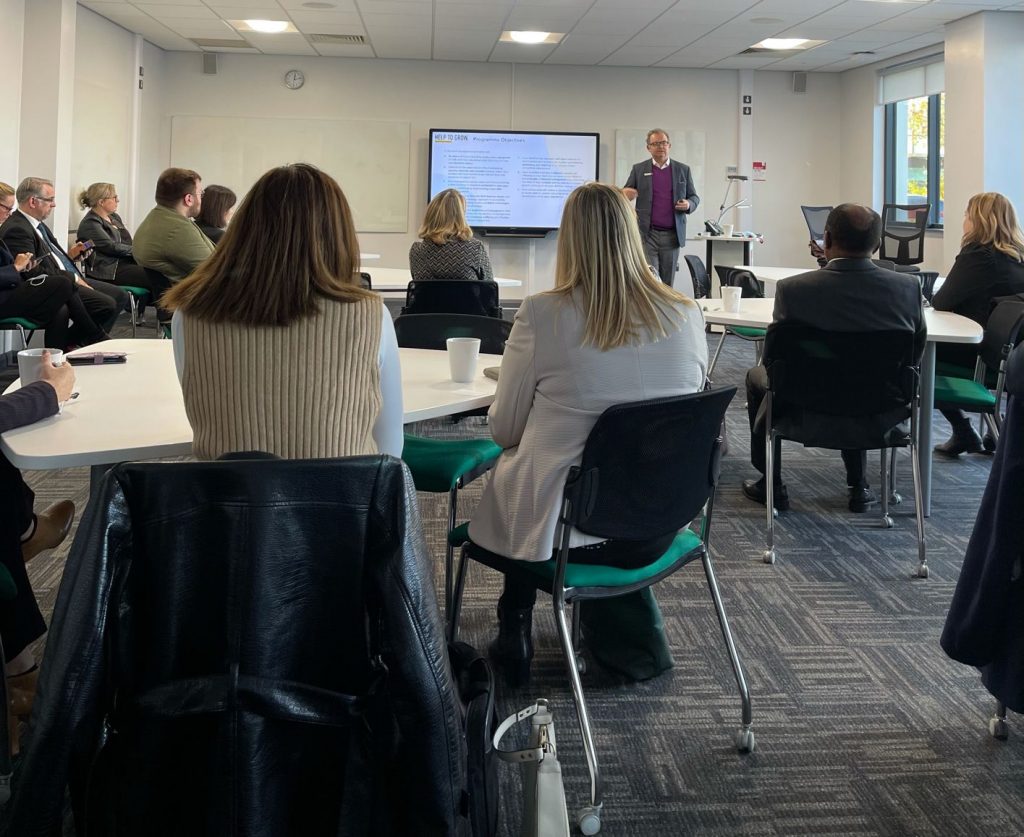Written by Prof, Jon Fairburn – Professor of Sustainable Development & Programme Director
COVID 19 has forced changes on many business practices with disruption in supply chains, remote working of staff or the development of e-commerce. All three of these examples link to the concept of business sustainability.
Business sustainability is much broader than just recycling your waste – it encompasses working practices which could allow you to draw on a wider pool of employees, it can include the development of new products either targeted at the green market or made sustainable by new techniques whilst also saving you money.

Business sustainability is one of the cross-cutting themes of the Help to Grow project launched by Government and delivered by Business Schools to support businesses to become more productive and to grow. The course is 90% subsidised by government, largely delivered online and includes one to one mentor support as well as workshops.
So, what else can businesses consider in terms of sustainability?
Staff well-being, resilience and recruitment is a good place to start – widespread remote working during the pandemic demonstrates a profound cultural shift in business. It has become essential in many businesses allowing a greater flexibility but still needs to be managed. At Staffordshire University we know several businesses that have downsized offices and now only require staff in 2-3 days a week. Other businesses have given up their offices entirely. Manging these issues is covered extensively in the course.
Branding and marketing – is sustainability one of your business values? Do your customers and suppliers know this? How do you communicate these values to your staff? Again all of these issues are covered on the Help to Grow course.
Innovating new services or products – have you thought about how you could target new markets? The Sustainable Development Goals have ambitious targets that will require new products and services especially around the areas of carbon reduction, grants and support are available in many areas to support businesses develop these.
At Staffordshire University we will be using a range of staff to deliver the programme – academics, Entrepreneurs in Residence and business mentors. You will also benefit from some peer mentor sessions discussing your issues with fellow businesses. We will also be running an alumni network after the programme so that you can stay in touch and get further support if you need it.
Throughout the pandemic this team at Staffordshire University has delivered a range of programmes (Leading to Grow, Survive and Thrive, Small Business Leadership Programme) so we have plenty of experience in delivering blended learning to businesses. From those programmes we also have a lot of local and regional examples we can draw on to illustrate good business practice.
So sign up now on the links – we are onboarding in December and main delivery starts in January










